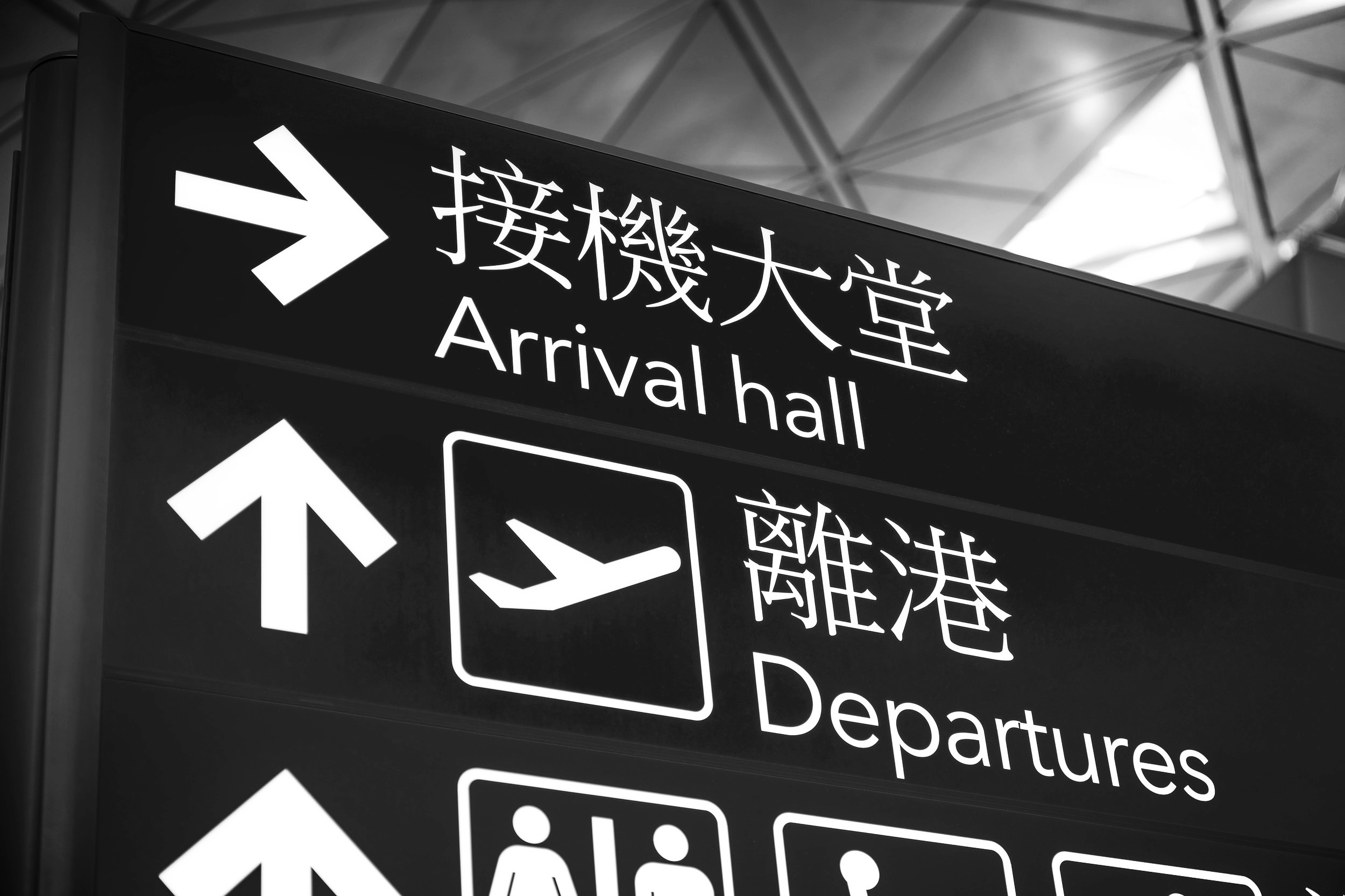China has started rolling out its new fast-track, long-stay visas for “high-end talent”, documents meant to encourage specialists such as top scientists and businesspeople to live and work in China.
The roll-out began on Tuesday with the Beijing bureau of the State Administration of Foreign Experts Affairs issuing the country’s first Certificate for Foreign High-end Talent, state-run Xinhua reported on Thursday without identifying the recipient.
The certificate is necessary to apply for one of the new five- or 10-year multiple-entry visas.
The report said the visas took as little as one day to process, were free and were valid for stays of 180 days.
Win a science Nobel and be in the running for a Chinese ‘green card’
The visas would also be granted to the spouses and children of the “high-end” recipients.
China implements a strict immigration system and tightly controls the issuing of work visas.
Most foreigners working in China must renew their visas every one or two years.
The new visas are meant to expand the pool of foreign specialists working in China, particularly in the areas such as science and technology, which Beijing sees as key to driving economic growth.
According to government guidelines, high-end foreigners also refer to, among others, Nobel Prize winners, chief or deputy editors in Chinese state media, foreign coaches and players in national and provincial sports teams, postdoctoral students from world-class universities outside China, and foreigners who earn at least six times the average annual wage in China.
Five things you should know about China’s ‘green cards’
The average annual income in Beijing in 2016 was 92,477 yuan (US$14,220), according to official statistics.
The visas are part of a top-down drive to make China a more attractive place to work and stay.
In February 2016, the central government relaxed the country’s green card rules, extending eligibility for permanent residency to foreigners working in broader fields than just government departments or laboratories involved in “key national projects”.
Of all the provincial-level areas in China, Shanghai has the highest number of foreign workers, with about 215,000 of the city’s 24 million people coming from overseas.
A third of those overseas workers are employed in the business service sector, according to local authorities.
In 2016, Japan was the biggest source of foreign workers in Shanghai, followed by the United States and South Korea.
Sourced from the China Morning Post


